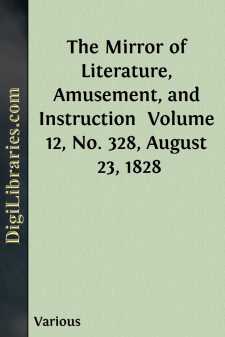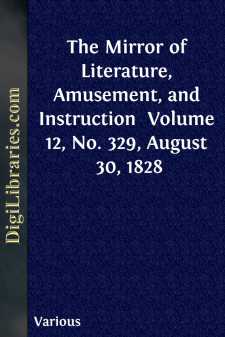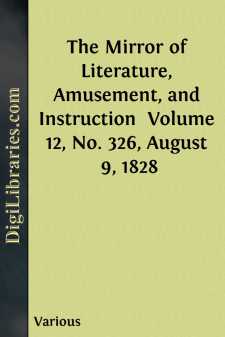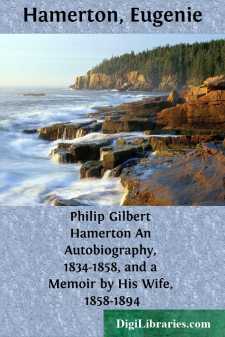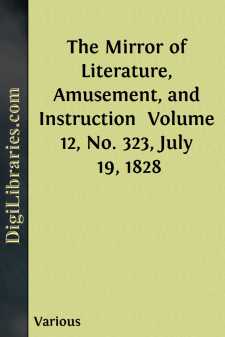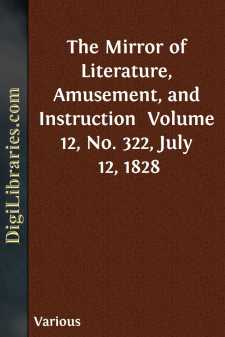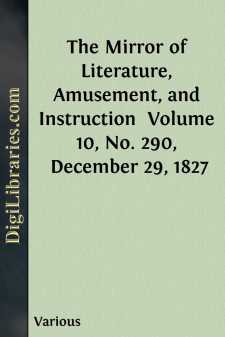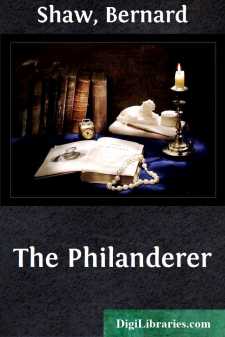Categories
- Antiques & Collectibles 13
- Architecture 36
- Art 48
- Bibles 22
- Biography & Autobiography 813
- Body, Mind & Spirit 142
- Business & Economics 28
- Children's Books 13
- Children's Fiction 10
- Computers 4
- Cooking 94
- Crafts & Hobbies 4
- Drama 346
- Education 46
- Family & Relationships 57
- Fiction 11828
- Games 19
- Gardening 17
- Health & Fitness 34
- History 1377
- House & Home 1
- Humor 147
- Juvenile Fiction 1873
- Juvenile Nonfiction 202
- Language Arts & Disciplines 88
- Law 16
- Literary Collections 686
- Literary Criticism 179
- Mathematics 13
- Medical 41
- Music 40
- Nature 179
- Non-Classifiable 1768
- Performing Arts 7
- Periodicals 1453
- Philosophy 64
- Photography 2
- Poetry 896
- Political Science 203
- Psychology 42
- Reference 154
- Religion 513
- Science 126
- Self-Help 84
- Social Science 81
- Sports & Recreation 34
- Study Aids 3
- Technology & Engineering 59
- Transportation 23
- Travel 463
- True Crime 29
Sort by:
by:
Various
ANCIENT PLAN OF OXFORD CASTLE. By these mysterious ties the busy pow'r Of mem'ry her ideal train preserves Intire; or, when they would elude her watch, Reclaims their fleeting footsteps from the waste Of dark oblivion. AKENSIDE Gentle, courteous, and patient reader—to understand the above plan, it is requisite that you carry your mind's eye back to those troublous times when men...
more...
by:
Various
NEW CHURCH, BUILDING AT STAINES. Who has journeyed on the Exeter road without noticing the town of STAINES, with its host of antiquarian associations—as the Stana (Saxon) or London Stone, its ancient bridge, for the repair of which three oaks out of Windsor Forest were granted by the crown in the year 1262, besides pontage or temporary tolls previous to the year 1600.—Dr. Stukeley's...
more...
by:
Various
YOUNG NAPOLEON. (For the Mirror.) It is impossible at this time of day, to foretell how the future destinies of Europe may be influenced by the subject of these lines. To use the words of the talented author of the Improvisatrice, "Poetry needs no preface." However in this instance, a few remarks may not be uninteresting. Until I met with the following stanzas, I was not aware that Napoleon had...
more...
by:
Various
MEMOIR OF His Royal Highness the Duke of Clarence, LORD HIGH ADMIRAL OF ENGLAND. Ye sacred arks of Liberty! that float Where Tamar's waters spread their bosom wide, That seem, with towering stern and rampart stride, Like antique castles girt with shining moat: Should War the signal give with brazen throat, No more recumbent here in idle pride, Your rapid prows would cleave the foaming tide, And to...
more...
by:
Eugenie Hamerton
CHAPTER I. My reasons for writing an autobiography.—That a man knows the history of his own life better than a biographer can know it.—Frankness and reserve.—The contemplation of death. My principal reasons for writing an autobiography are because I am the only person in the world who knows enough about my history to give a truthful account of it, and because I dread the possibility of falling...
more...
by:
Various
COLOMBIA COLLEGE, NEW-YORK “It is intended that a large academy be erected, capable of containing nine thousand seven hundred and forty-three persons: which, by modest computation, is reckoned to be pretty near the current number of wits in this island,”—Swift’s Tale of a Tub. Instruction, manners, mysteries, and trades. One college is almost completed within her radius, and will be opened in a...
more...
by:
Various
CLARENCE TERRACE, REGENT'S PARK. CLARENCE TERRACE,REGENT'S PARK.O mortal man, who livest here, Do not complain of this thy hard estate. Thomson's Castle of Indolence. The annexed continuation of our illustrated ramble in the Regent's Park is named Clarence Terrace, in compliment to the illustrious Lord High Admiral of England. It consists of a centre and two wings, of the Corinthian...
more...
by:
Various
OLD SARUM Among the earliest antiquarian records, Old Sarum is described as a city of the Belgae; and its historical details have proved an exhaustless mine for the researches of topographical illustrators. Thus, Sir R.C. Hoare describes it as "a city of high note in the remotest periods by the several barrows near it, and its proximity to the two largest Druidical temples in England, namely,...
more...
by:
Bernard Shaw
A lady and gentleman are making love to one another in the drawing-room of a flat in Ashly Gardens in the Victoria district of London. It is past ten at night. The walls are hung with theatrical engravings and photographs—Kemble as Hamlet, Mrs. Siddons as Queen Katharine pleading in court, Macready as Werner (after Maclise), Sir Henry Irving as Richard III (after Long), Miss Ellen Terry, Mrs. Kendal,...
more...
CHAPTER I Hugh Fielding, while speculating upon certain obscure episodes in the history of a life otherwise familiar to an applauding public, and at a loss to understand them, caught eagerly at a simile. Now Fielding came second to none in his scorn for the simile as an explanation, possibly because he was so well acquainted with its convenience. 'A fairy lamp' he would describe it, quite...
more...


